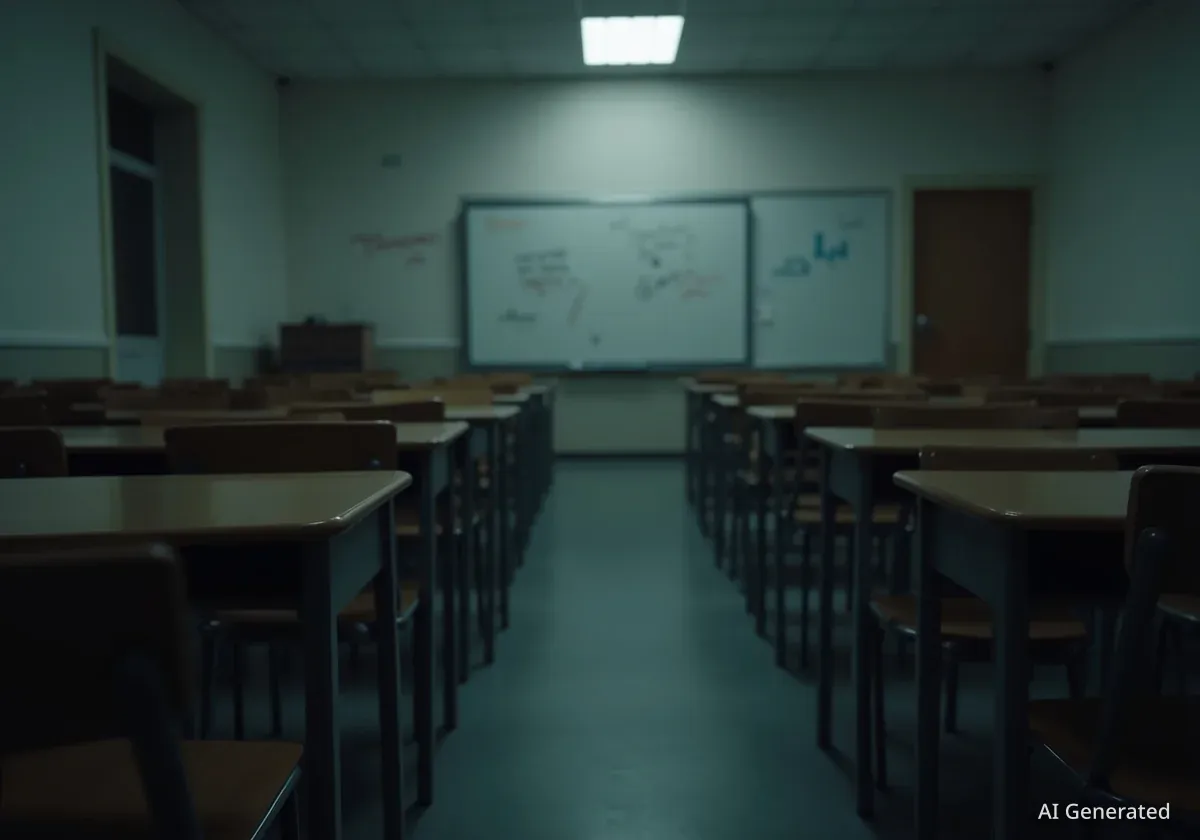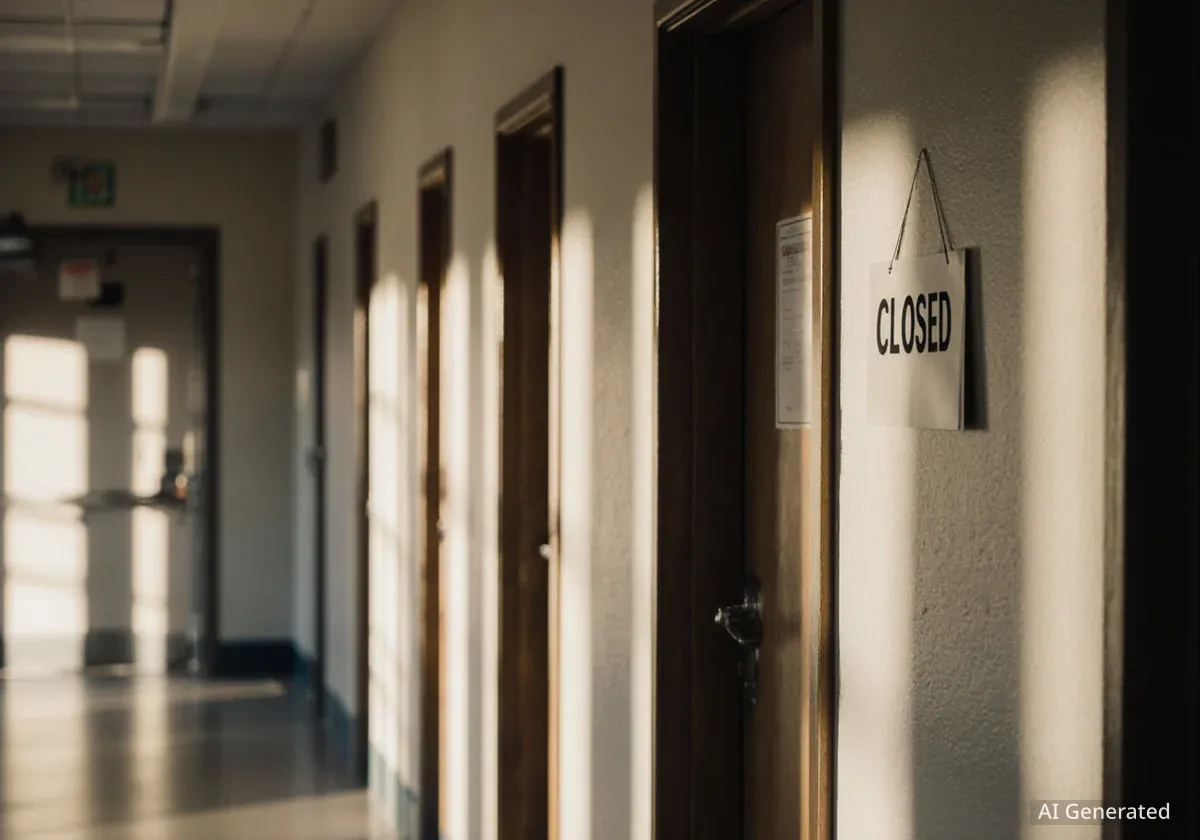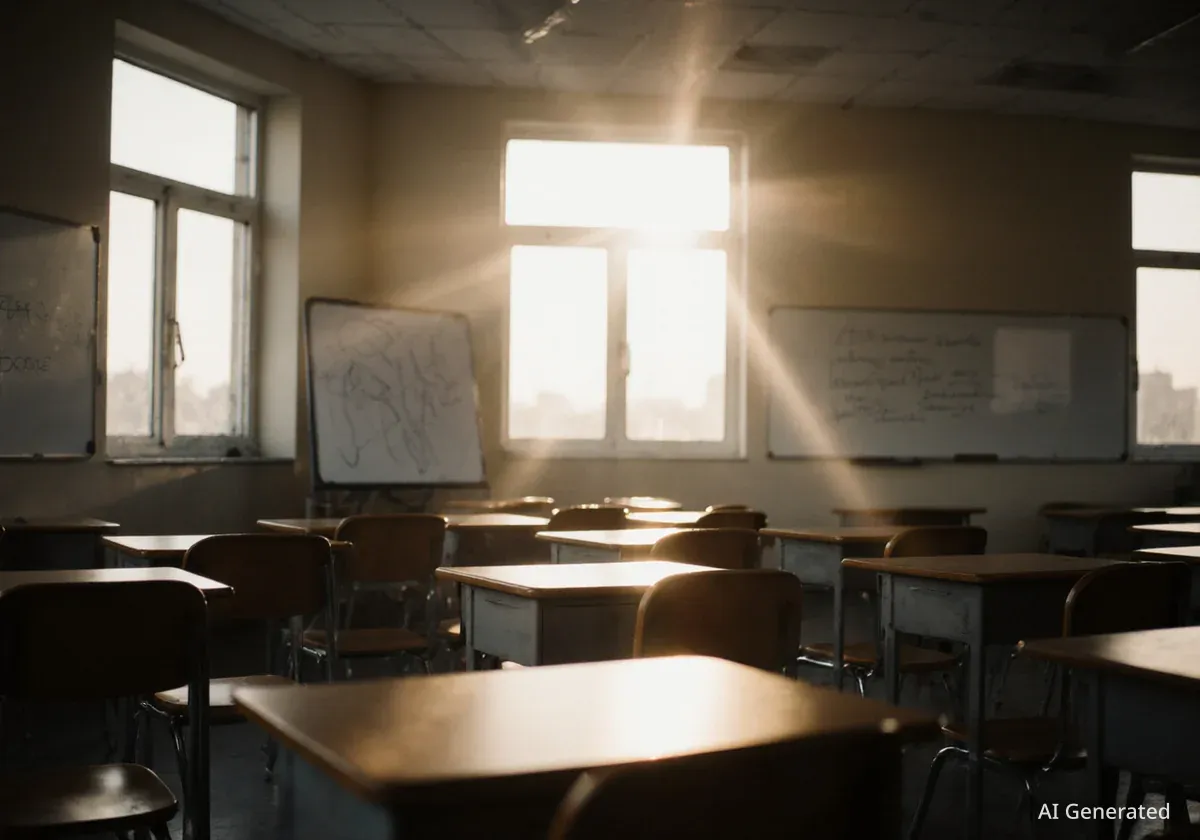Negotiators for the Minneapolis school district and its teachers union are meeting Tuesday in a final scheduled mediation session, a critical effort to prevent a potential strike. After six months of talks without a resolution, the union has signaled it will move forward with a strike authorization vote this week if an agreement is not reached.
The outcome of today's discussions will determine whether thousands of educators prepare for a walkout that could begin as early as November. The high-stakes meeting marks the seventh closed-door session between the two parties since contract bargaining began in April.
Key Takeaways
- Minneapolis Public Schools and the Minneapolis Federation of Educators (MFE) are in a final, high-stakes mediation session today.
- If no deal is reached, the teachers union plans to hold a strike authorization vote starting Thursday.
- Key sticking points in the negotiations include class sizes, special education caseloads, and pay for teachers and support staff.
- The school district is currently facing a projected budget shortfall of at least $25 million for the 2026-27 school year.
High-Stakes Mediation Session Underway
Leaders from Minneapolis Public Schools and the Minneapolis Federation of Educators (MFE) entered their seventh mediation session on Tuesday afternoon. The talks carry significant weight, as they represent the last scheduled opportunity to reach a contract settlement before the union escalates its actions.
Negotiations have been ongoing since April, an earlier start than usual, yet progress has been limited. Union leadership has expressed frustration over the lack of movement on several key proposals, prompting the decision to set a firm deadline for a tentative agreement.
Separate Contracts, Shared Concerns
The negotiations involve two distinct contracts: one for licensed teachers and another for Education Support Professionals (ESPs). ESPs play crucial roles in schools, often working one-on-one with special education students and assisting in classrooms.
While the contracts are separate, the core issues of compensation and working conditions are central to both sets of discussions. The union is advocating for improvements that it says are vital for retaining staff and providing adequate student support.
The Path to a Potential Strike
Should Tuesday's talks fail to produce a breakthrough, the MFE has a clear plan of action. The union announced last week that it would proceed with a strike authorization vote among its members, scheduled to begin on Thursday.
If a majority of the union's rank-and-file members vote to authorize a strike, MFE leaders would then have the authority to call for a walkout. However, a strike would not be immediate.
10-Day Waiting Period
Under state law, even after a successful strike authorization vote, the union must observe a 10-day waiting period before a walkout can begin. During this time, negotiations are required to continue in a final attempt to resolve the dispute.
This legal requirement means that if a strike is authorized, it would most likely commence sometime in November. This timeline puts significant pressure on both sides to find common ground during the waiting period.
Core Issues Driving the Dispute
The divide between the district and the union centers on several critical areas that impact the daily lives of students and educators. Union negotiators have consistently highlighted three main priorities throughout the six months of bargaining.
- Class Sizes: The union is pushing for contractual limits on the number of students per classroom, arguing that smaller class sizes improve learning conditions and reduce teacher burnout.
- Special Education Caseloads: A major point of contention is the number of special education students assigned to each staff member. The MFE is seeking lower caseloads to ensure students with unique needs receive the attention they require.
- Competitive Pay: Both teachers and ESPs are seeking wage increases that they argue are necessary to keep pace with inflation and remain competitive with surrounding districts.
These demands reflect a broader concern about school staffing and the resources available to support an increasingly diverse student population with complex needs.
Financial Pressures and Recent History
The district's negotiating position is constrained by significant financial challenges. According to a presentation to the school board in June, Minneapolis Public Schools is projecting a budget shortfall of at least $25 million for the 2026-27 school year.
This fiscal reality complicates the district's ability to meet the union's demands for increased spending on salaries and staffing.
Context from the Previous Contract
The current contract negotiations follow a landmark agreement reached in April 2024. That deal, which expired on June 30, provided teachers with their largest pay increase in 25 years. While that agreement was celebrated at the time, the union now argues that more is needed to address systemic issues within the district. The district, meanwhile, points to the financial commitments made in the last round of bargaining as a factor in its current budget constraints.
As the mediation session continues behind closed doors, parents, students, and staff across Minneapolis are waiting to see if a compromise can be reached or if the city's schools are heading toward a strike for the first time since 2022.





